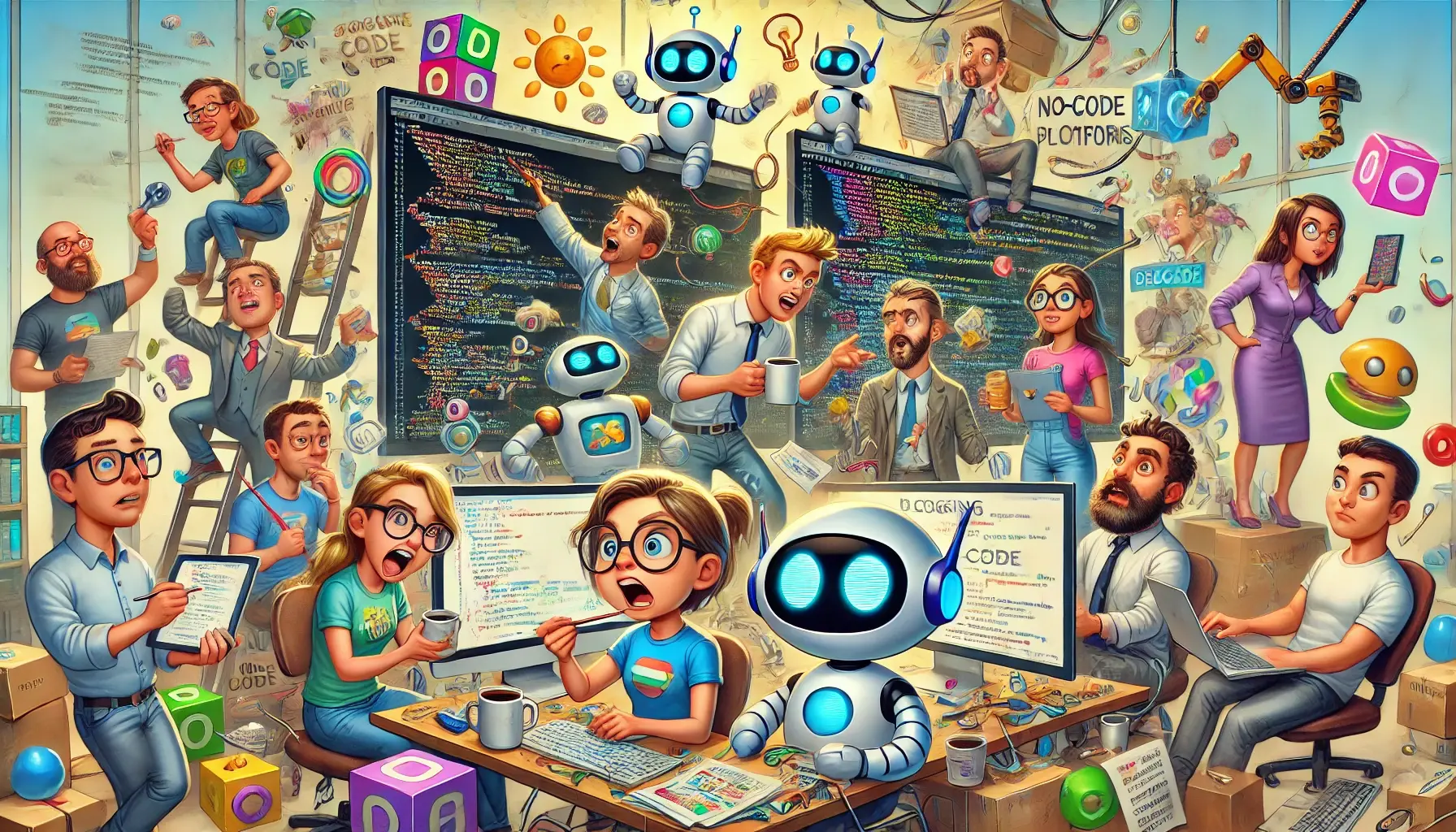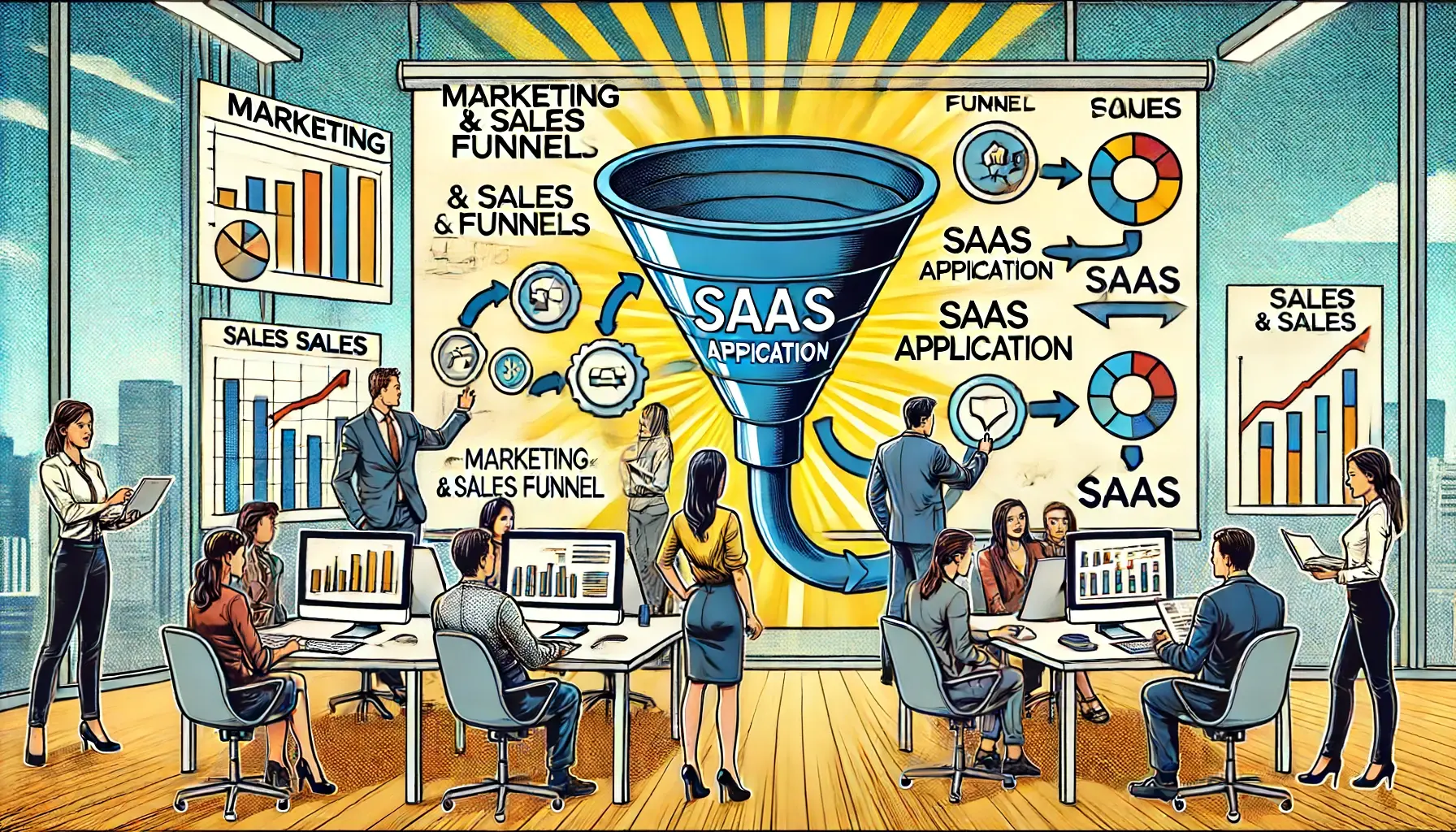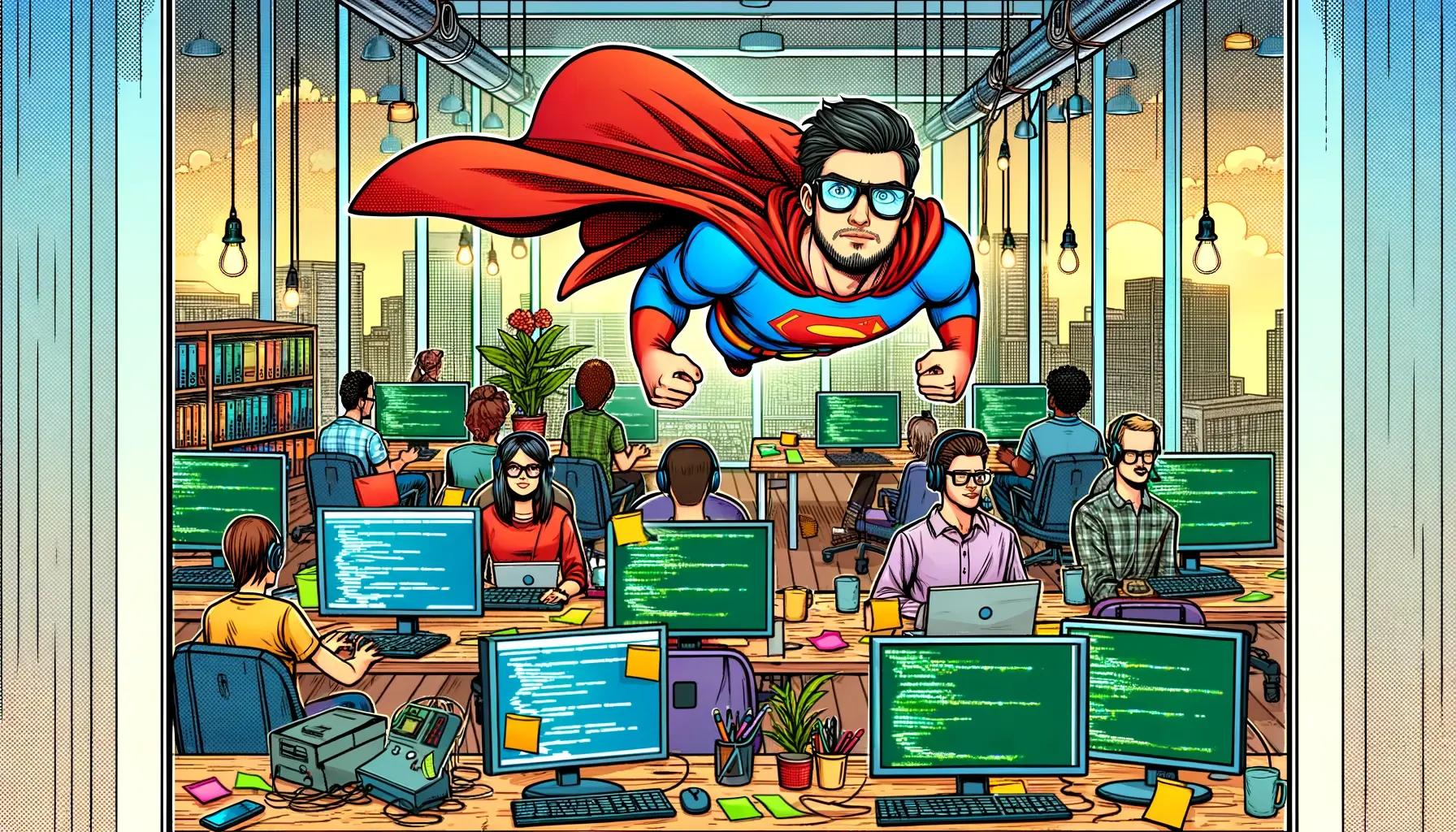As technology advances, no-code platforms have gained popularity by promising quick development without traditional coding. These platforms are often promoted by influencers on LinkedIn and elsewhere, highlighting their ease of use and rapid results. However, this enthusiasm sometimes overlooks significant limitations that can impact the long-term success of software projects. While platforms like Bubble.io offer immediate solutions, they can create challenges that hinder control and growth over time. In searching for alternatives, I've explored Lovable—a new AI tool for rapid application prototyping—that addresses some of these core issues.
After conducting many technical due diligence assessments, several observations have become clear:
-
Successful projects last over time, and as they do, their technology and user experience become more complex. This growth requires ongoing maintenance, with refactoring becoming a crucial part of the project's lifecycle and a significant part of the IT team's daily work.
-
Technology projects are rarely a one-person show. Even if a project starts as a solo effort, it often grows to need teamwork. Collaboration is essential to handle the increasing scope and complexity that comes with a successful application.
-
Clear intellectual property (IP) ownership is a key concern during due diligence. Knowing who owns the code and the associated rights is vital for legal clarity and future development plans.
Limitations of No-Code platforms
Despite their convenience, no-code platforms have inherent limitations that can affect the longevity and adaptability of software projects:
1. Intellectual property and code ownership
No-code platforms don't provide any access to the underlying source code. This lack of transparency raises concerns about IP ownership. Developers and businesses may find themselves unable to fully control or customize their applications, which can be problematic for security audits, compliance requirements, or transferring ownership.
2. Vendor lock-in
Applications built on proprietary platforms often face vendor lock-in. The inability to export or move the application to another environment without significant redevelopment can limit flexibility and increase dependence on the platform provider. Remember that one of the most popular is Bubble.io's total funding ($106.3M1), which represents about 0.0966% of AWS's annual revenue2.
3. Challenges with refactoring and evolution
Software projects are dynamic and need ongoing improvements and updates. No-code lacks almost any support for refactoring—changing existing code structure without altering its external behavior—which is essential for optimizing performance and accommodating new requirements as projects evolve beyond the MVP stage.
How, in my opinion, Lovable addresses these issues
Lovable tackles these concerns by integrating AI into the development process while following fundamental software engineering principles:
-
Complete Source Code Access: By providing full access to the generated source code, Lovable ensures that developers retain IP ownership. This transparency allows for deep customization, security assessments, and compliance with industry standards.
-
Elimination of Vendor Lock-In: Since you can host the code independently, developers are not tied to a specific platform. This freedom allows for scalability and integration with other systems or services, aligning with long-term business strategies.
-
Support for Refactoring and Continuous Improvement: Access to the source code enables developers to refactor and enhance their applications over time. Lovable recognizes that software must adapt to changing requirements and technologies, supporting sustainable development practices.


Aligning with AI current capabilities
Current limitations of large language models require a practical approach to AI-assisted development. Lovable's component-based method allows AI models to focus on smaller, manageable pieces of code. This strategy improves the accuracy and reliability of code generation, making effective use of AI within its current capabilities while preparing for future advancements.
Backend development next!
While Lovable makes progress in frontend, backend development remains a complex area waiting for similar innovation. No-code platforms often struggle with backend scalability and customization. Developing as good as Lovable, an AI-assisted tool that addresses backend challenges, would significantly enhance productivity, providing a comprehensive solution that covers the entire application stack. For now, tools like Cursor or other LLMs are a must.
Integrating with modern development environments
Bringing AI tools like Lovable, tailored for certain technologies, into modern integrated development environments is a logical next step. This combination could lead to increased efficiency and smoother adoption of AI in the development process than simple LLM integrations.
Final thoughts
In my experience, tools like OpenAI's code generation models have been valuable for creating code and even whole modules. Lovable builds on this foundation by offering not only a more user-friendly interface but also bringing to those tools a completely new approach - specialization. It automates development without compromising on code ownership or quality, making the process more enjoyable and efficient.
Conclusion
No-code platforms offer convenience but fall short in areas critical for long-term project success, such as code ownership, flexibility, and the ability to evolve. Lovable presents a promising, strong alternative by combining AI-assisted development with traditional coding principles. It addresses key shortcomings of no-code solutions, making it a viable option for projects that need both speed and sustainability.
As we continue to look at tools that enhance development practices, it's important to consider solutions that not only speed up initial development but also support the ongoing growth and adaptation of software projects. Lovable represents a step in this direction, aligning with current AI capabilities and the foundational needs of solid software engineering.
1. https://www.crunchbase.com/organization/bubble/company_financials
2. https://www.businesswire.com/news/home/20241030305950/en/Amazon.com-Announces-Third-Quarter-Results





